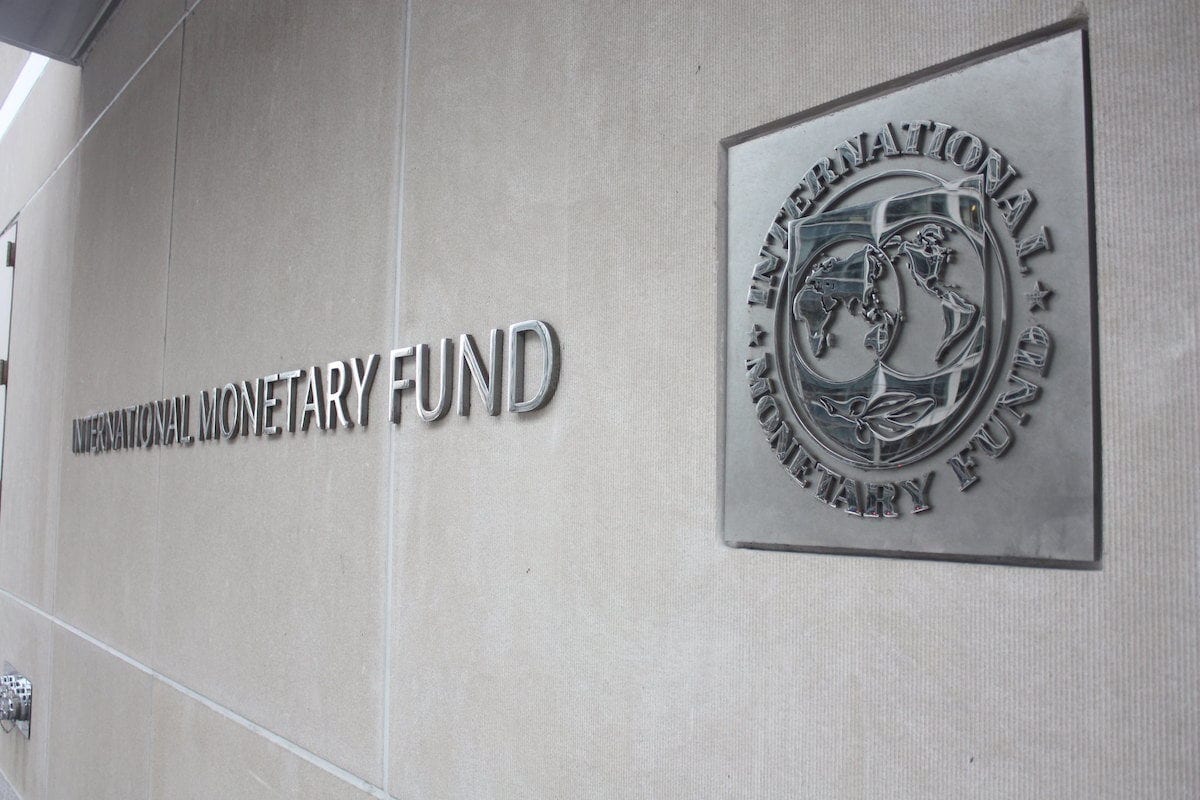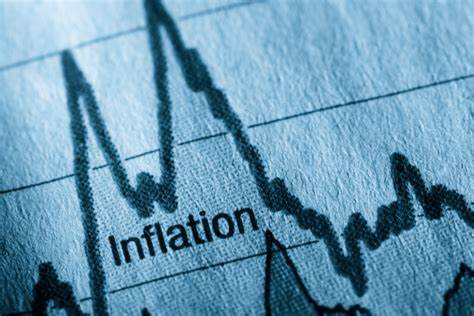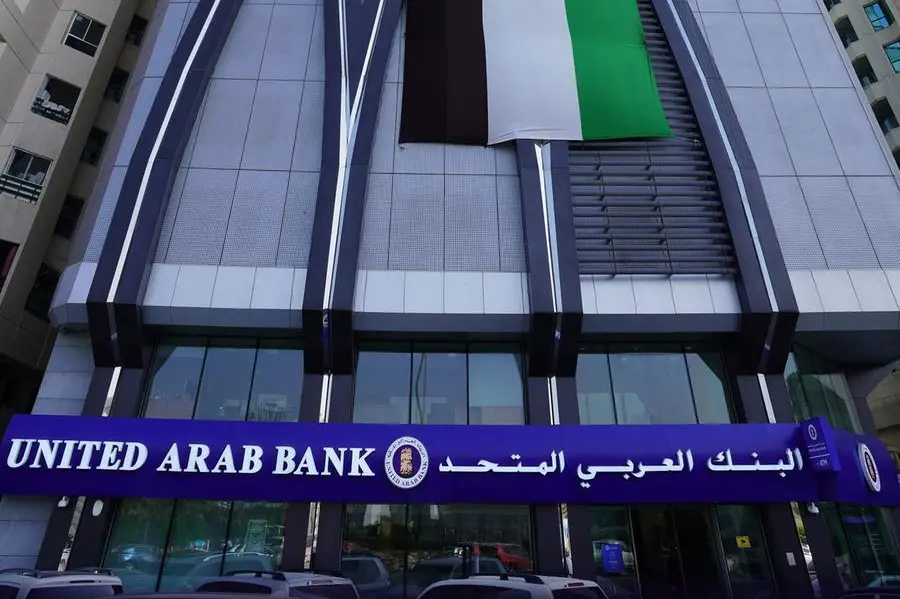Possible Revival of Inflation Crisis Due to Middle East Conflicts
The IMF warns from the escalating Middle East conflicts that could trigger inflation and disrupt planned interest rate cuts, impacting the global economy.
In its latest World Economic Outlook report, The International Monetary Fund (IMF) has raised concerns that an escalation in the ongoing conflict in the Middle East could potentially lean to an inflationary crisis and disrupt the anticipated decline in interest rates. Such disruptions could negatively impact global economic growth. The IMF also noted that, despite high interest rates, global economic activity has shown unexpected resilience since October 2023, with employment and income levels performing better than anticipated.

Impact of Geopolitical Tensions on Commodity Prices
In this report, the IMF expressed concerns over a possible surge in commodity prices triggered by increased geopolitical tensions in the Middle East. This surge could hinder the current process of disinflation and postpone the easing of central bank policies, which would have negative repercussions for global economic stability.
Additionally, the report warned that the volatility in oil prices has intensified, especially with the Iranian attack on Israel and the uncertain outcomes of potential Israeli responses.
The report also mentioned that continued attacks in the Red Sea and the ongoing Ukraine war may cause further supply shocks, hindering global recovery. Additionally, slower-than-anticipated declines in core inflation due to persistent labor market tightness or a stalling Chinese recovery could also negatively alter economic forecasts.

Economic Projections and Challenges Ahead
The IMF‘s 2024 forecast slightly raises growth by 0.1% from earlier predictions, though growth remains low historically. Euro area growth is expected to improve from 0.4% in 2023 to 0.8% in 2024 and 1.5% in 2025, influenced by the impact of the Ukraine war. U.S. growth is anticipated to rise to 2.7% in 2024 then decrease to 1.9% in 2025 due to fiscal tightening and softer labor markets.
The report emphasizes the resilience of the global economy amidst challenges such as tighter monetary policies, the ongoing effects of the pandemic, geopolitical tensions, and other structural issues impacting long-term growth.
While there are signs of economic resilience and marginal growth improvements, the IMF cautions against potential new crises and the need for vigilant monitoring of global economic trends and policy adjustments.
Chris Dixon, a partner who led the charge, says he has a ‘very long-term horizon’
Americans now think they need at least $1.25 million for retirement, a 20% increase from a year ago, according to a survey by Northwestern Mutual
Total income was higher by 10% year-on-year (YoY) at AED 300 million in the six-month period
United Arab Bank PJSC (UAB or “the Bank”) has announced its financial results for the six months ended 30th June 2024. UAB reported a net profit before tax of AED 152 million for H1 2024, a 26% increase compared to AED 121 million for H1 2023. The net profit after tax for H1 2024 stood at AED 139 million, up 15% from AED 121 million in the same period last year. Earnings per share rose to AED 0.07 in H1 2024 from AED 0.06 in H1 2023.
Total income increased by 10% year-on-year to AED 300 million for H1 2024, compared to AED 273 million for H1 2023, driven by a 26% increase in net interest income. The Bank’s capital position remains strong with a CET1 ratio of 13% and a total capital adequacy ratio (CAR) of 18%.
UAB‘s liquidity profile is robust, with advances to stable resources ratio of 75% and an eligible liquid asset ratio of 19%, both comfortably above regulatory thresholds. The Bank’s credit ratings were affirmed by Fitch and Moody’s at BBB+/Ba1, with stable and positive outlooks respectively.
UAB’s performance in the first half of 2024 demonstrates significant growth in total assets, increasing by 12% compared to December 2023, and reflects a strategic focus on quality and farsighted risk management. These results indicate that the Bank is well-positioned to continue its growth trajectory.
Commenting on the Bank’s performance, H.H. Sheikh Mohammed bin Faisal bin Sultan Al Qassimi, Chairman of the Board of Directors of United Arab Bank, said: “UAB’s strong performance in the first half of 2024 reflects the successful implementation of our growth strategy and reinforces our commitment to delivering sustainable value to our shareholders. We are confident that our prudent business model shall continue to deliver a solid performance and deal with the opportunities and challenges that will present themselves.”
He added: “As we move ahead into the second half of the year, we remain committed to enhancing our customers’ banking experience and contributing to the growth and prosperity of the UAE’s economy.
Shirish Bhide, Chief Executive Officer of United Arab Bank, commented: Our customer-centric approach and sustainable growth model has led to a 15% increase in net profit and a 12% growth in total assets. Our positive performance is a testament to the successful execution of our strategic priorities and clear evidence of the success of the many initiatives that have been implemented at the Bank. Going forward, we will continue investing in our growth strategy and digital capabilities, while equally focusing on developing innovative products and services that meet our customers aspirations whilst upholding the highest standards of compliance and internal controls.”
Chris Dixon, a partner who led the charge, says he has a ‘very long-term horizon’
Americans now think they need at least $1.25 million for retirement, a 20% increase from a year ago, according to a survey by Northwestern Mutual

















